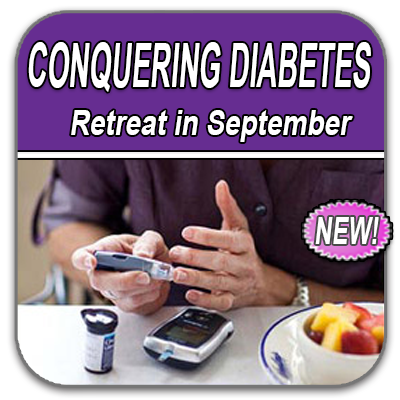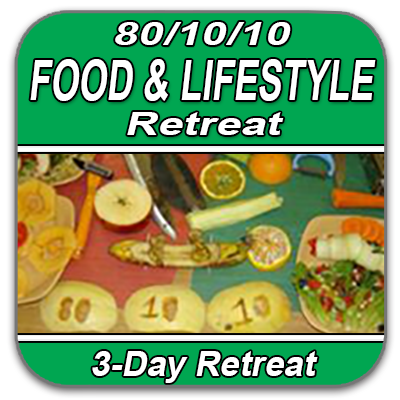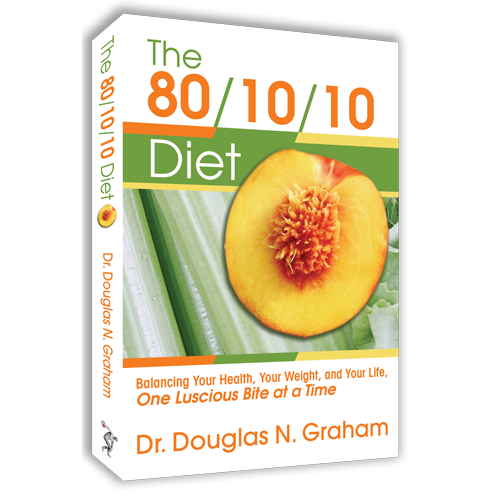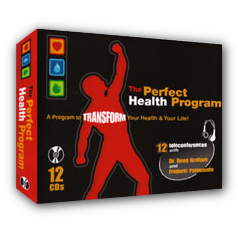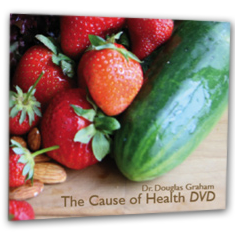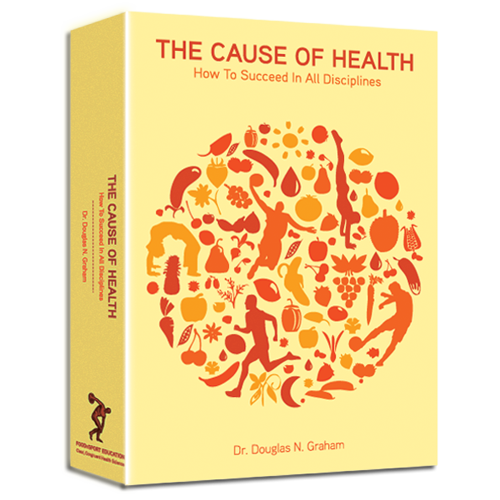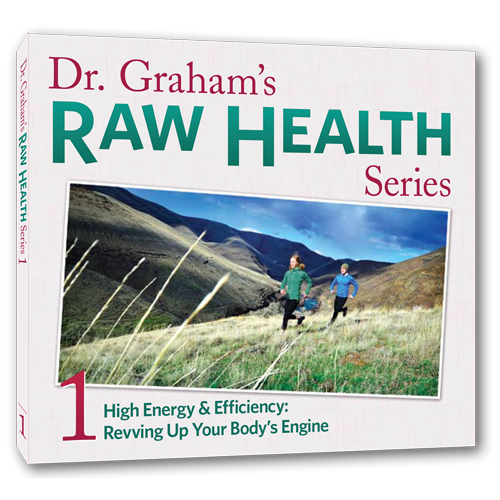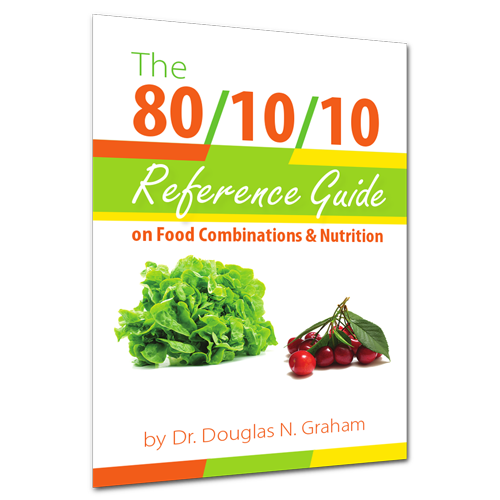
PERSONAL LIFE
Tell us about yourself: your age, where you live, your job, your family, and the like.
I’m 26 years old and have been living with type 1 diabetes for over 13 years. I’ll be turning 27 on March 26th :). I live in Santa Monica, CA with my girlfriend Ally. I’m the operations manager for Forks Over Knives and have been part of that team since December 2010. In April 2014 I started Mindful Diabetic, which is a passion project where I share pictures of my healthy diet and make some videos on YouTube. My goal with Mindful Diabetic is to raise awareness about the benefits of fruit-based nutrition for diabetics.
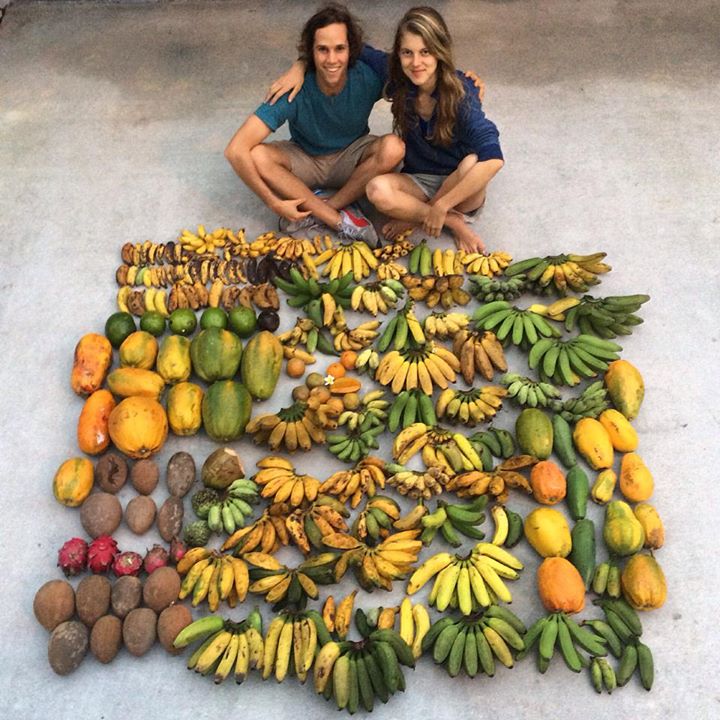
Do you eat 100% raw vegan?
Yes, I do. But I really do avoid emphasizing that and prefer to describe my diet as fruit-based.
How long have you been eating the 80/10/10 way?
Since December 2006.
Why did you choose this path?
Living as a type 1 diabetic has inspired me to learn how to take the best care of my body as humanly possible, which ultimately led me to a fruit-based diet.
Besides diet, food, and nutrition, what other lifestyle factors do you find most important in supporting you in following 811rv?
In addition to the basics (sleep, water, sunshine, fresh air, etc..) Nonviolent Communication (NVC) as taught by Marshall Rosenberg has had a profound impact on my life. An NVC type of consciousness has helped me navigate social and family situations. As social and family situations is where people usually struggle the most, NVC has been very supportive of my healthy lifestyle.
What are some of the personal benefits you’ve experienced since transitioning to a strict 811rv diet?
My acne and skin health dramatically improved. I no longer get regular sinus infections. My plantar fasciitis went away.
DIABETES
How has eating this way helped you to manage your type 1 diabetes?
Eating a consistently low-fat diet has made my blood sugar levels super predictable. My overall percent of calories from fat is right around 10%. You can see “What I Ate” videos with this playlist:
I show every blood sugar reading, every insulin injection, and every meal. I also include the percent of calories from fat at the end of each video.
Whenever I have a blood sugar reading that is out of range, I’m always aware of exactly what went wrong. Eating this way, my insulin to carbohydrate ratios (ICRs) are very good, showing that my body is now quite sensitive to insulin.
My ICR at breakfast is approximately 1:25, lunch is about 1:30, and dinner is around 1:40. Of course, exercise is the major factor in fluctuating ICRs, and when I do a lot of intense exercise, my ratio at a dinner meal could be as good as 1:60.
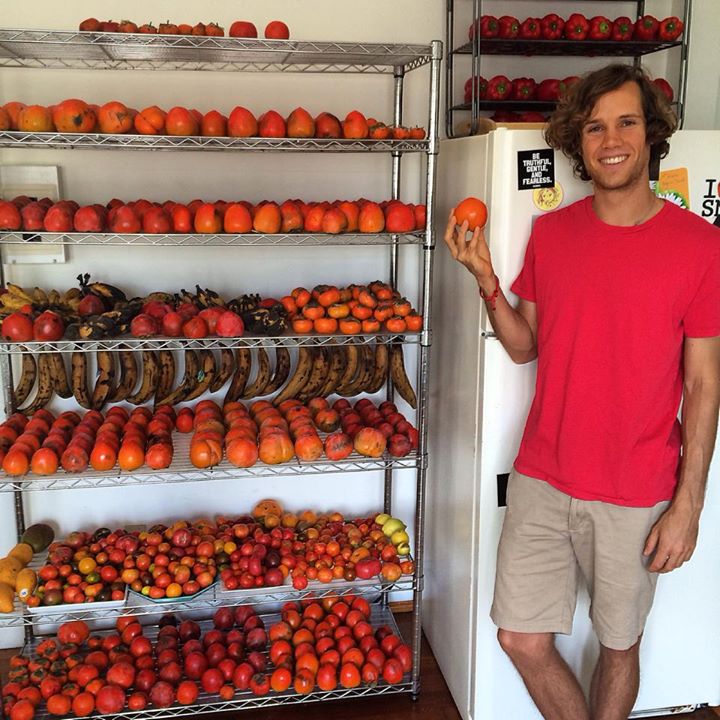
As a type 1 diabetic who has benefited from long-term dietary and lifestyle improvements, what tips would you give to other type 1 diabetics?
My number-one tip would be to keep the diet consistently low in fat. Consistency is the key to achieving long term results. My second tip is to make sure you know how to calculate your carbohydrate intake. That is diabetes 101, but it becomes even more important as sensitivity to insulin is restored while eating a lot of carbohydrates. I prefer to use a food scale to do this and measure the exact grams, but one can also estimate by understanding the general number of carbs in various foods. For example, I might have papaya for breakfast. I would cut it up and measure out 1800 grams. That is 195 grams of carbs and 774 calories, but the number I really care about is the carbs, so I know how much insulin to take. My breakfast ratio might change based on how much exercise I have been doing lately, but if the ratio is 1:25, I will calculate 195/25 = 7.8. In that case I will most likely round up and take 8 units. There is an argument for rounding down and having blood sugar ride a little higher to avoid low blood sugars, but that is a topic for another interview.
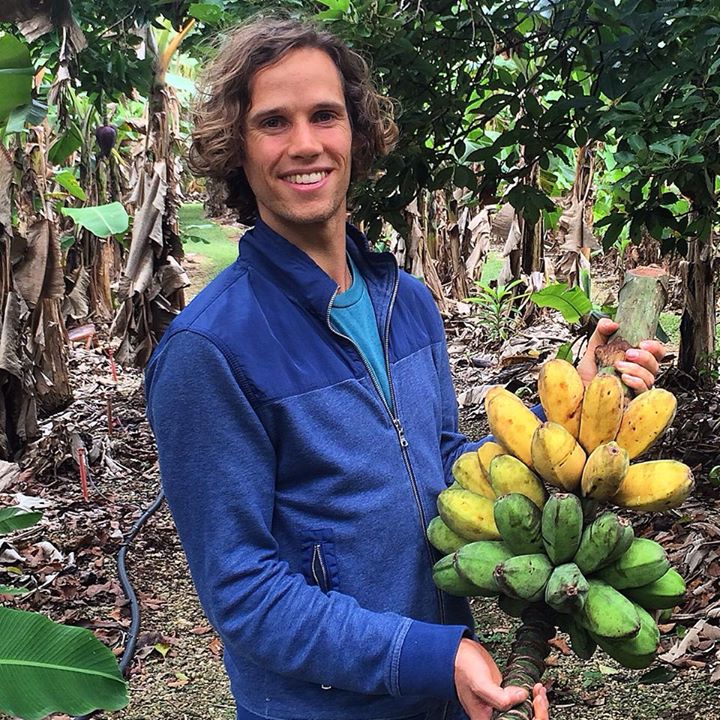
What do you personally believe is the most plausible, number-one cause of type 1 diabetes?
Dairy consumption in people who are genetically susceptible. Also, not being breast fed until the proper age.
What do you believe is the number one cause of type 2 diabetes?
Too much fat in one’s diet. The standard American diet runs about 35 to 50% of calories from fat. People who follow a high-fat raw food diet often eat 75% of their calories from fat. Paleo dieters can be even higher. There is not a single study where adopting a plant-based diet of up to 10% of calories from fat did not create improved blood sugars and reduced medication. In many cases medication is eliminated.
Here is an example:
What tips would you give to type 2 diabetics who are willing to do what it takes to conquer it?
Same tip I have for type 1 diabetics: Keep the diet consistently low in fat. Consistency is the key to long-term results and building habits for a lifetime.
What tips would you give to non-diabetics so they don’t end up with diabetes?
I wish this whole thing was more spectacular and I had some kind of breakthrough to share that is unique for each disease. But the same tips provided above, would apply for non-diabetics.
A low-fat, fruit-based diet as explained in The 80/10/10 Diet is the gold standard. Following that type of diet will certainly prevent one from becoming a diabetic. Have you ever met a low-fat plant eater who became diabetic? That just doesn’t happen.
SOCIAL & TRAVEL
How have you found it socially to eat this way?
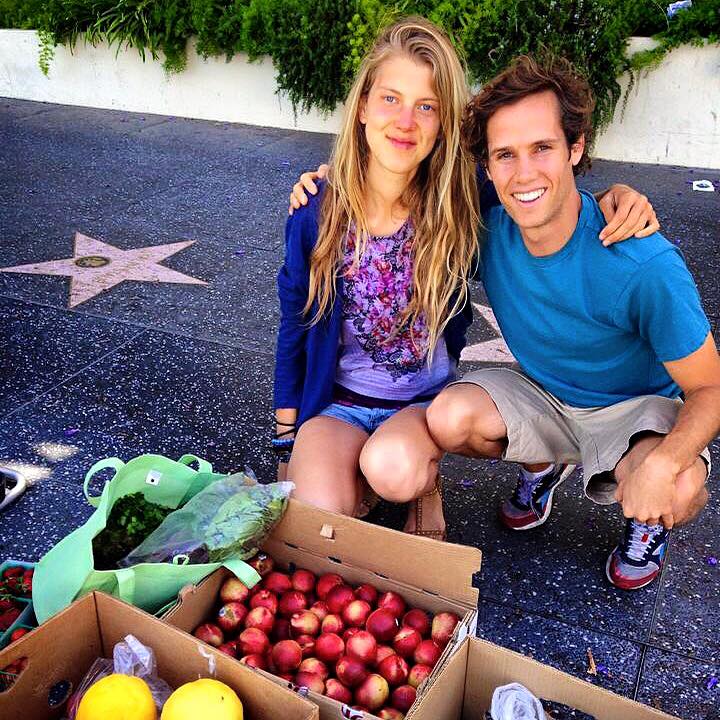
Eating socially has not been a problem for me, partly because my natural personality is to do what I need to do and not worry about what others think, and partly because of what I have learned through NVC.
VEGANISM
How long have you been vegan?
Since I watched Earthlings in September 2006.
What about veganism appeals to you?
When I was a kid we had a dog and I loved her very much. We can all relate to loving our pets. I think a lot of people sort of shut off that part of their brain when it comes to animals and food because they think animal foods are necessary to be healthy. Once I learned that it’s simply not necessary to use animals for health or any other reason I easily made the switch. It’s necessary for a lion to eat other animals. It’s just flat out not necessary for humans to use animals for anything.
DR. GRAHAM, THE 80/10/10 DIET, FOODNSPORT
What is your personal opinion of Dr. Graham’s book, The 80/10/10 Diet?
The book changed my life. I recommend it to people all the time.
Have any particular points or messages in The 80/10/10 Diet stuck with you, above all else?
Whole foods are where it’s at. The complexity of the human body in how it functions and how everything interacts is so far beyond our comprehension it’s just incredible. With a diet of whole foods we no longer need to try to understand the complexities of the human body, because whole foods best meet our nutritional needs.
WRAP-UP
Do you think people on a tight budget can do this diet?
Yes, if they have a reason and are motivated, they can do so. I think it’s super important for people to plan their food budget to include special, unique fruits in their diet. Bananas and dates will get old after a while, so ensuring you get at least a little bit of the unique fruits like cherimoyas, mamey sapote, sapodilla, etc … is important.
Do you plan to change anything or do anything differently with your 811rv regimen, going forward?

Not really. I’m quite happy with it right now 🙂
Is there anything you’d particularly like to share that hasn’t been asked?
I’m good. Thank you for the opportunity to share my story. I love getting questions from people, so please feel free to ask anything on my social pages: Instagram, Facebook, YouTube, and Twitter.
Are you or someone you know concerned about blood sugar or diabetes?
See our free reports and videos to Conquer Diabetes.
Articles:
- How Diabetes Develops In a Person Over Time: And how it can be reversed in an even shorter time. by Dr. Graham
- The Best I Have To Offer by Dr. Graham
- Overcome Hyperglycemia Just Like Kristina Did
- Which Banana Island Would You Like To Visit? by Dr. Graham
- Fruit, the Most Misunderstood Food by Dr. Graham
- Fruit, Fruit, More Fruit … and Fruitarianism by Dr. Graham
- The Low-Fat Diet in a Nutshell by Dr. Graham
Retreats:
Conquering Diabetes Retreat |
Practical Skills To Thrive |



